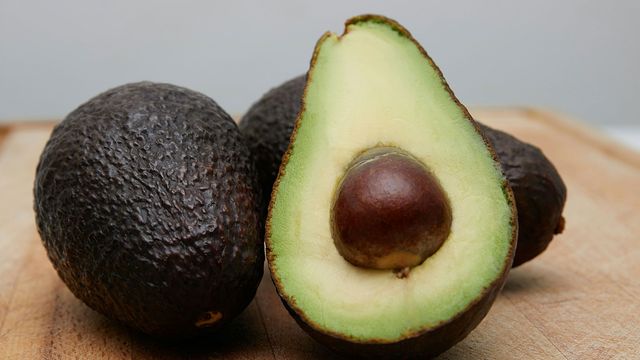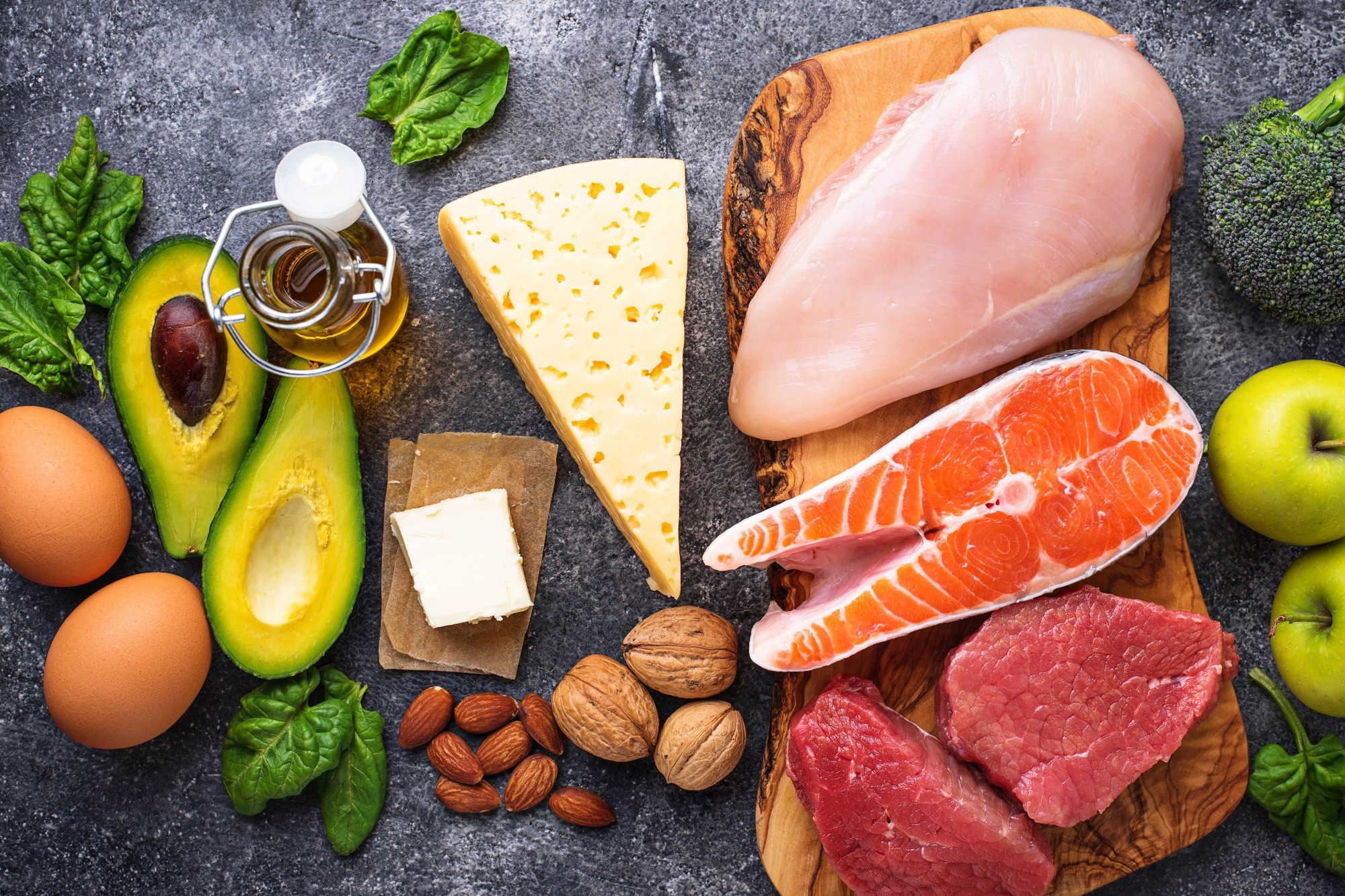Mouni Roy has always been extremely honest about her diet and lifestyle choices. In a similar vein, the Brahmastra actor admitted to having tried all kinds of diets. “I have done all kinds of diets, and nothing has worked for me. I did Keto for two weeks, and I had a small intestine infection,” Roy said.
She added that she loves having Bengali home-cooked meals prepared by her mother. “When I don’t eat rice, I am such a crappy person. I can’t concentrate on anything happening,” Roy, 39, told Pinkvilla.
What is a Ketogenic or Keto diet?
The Ketogenic diet is a dietary pattern high in fats and low in carbohydrates. When the carbohydrate intake is reduced, the body enters a state of ketosis, burning fat for fuel instead of glucose.
Can it affect the small intestine?
Dr Narender Singla, lead consultant, internal medicine, CK Birla Hospital, Delhi, said that ketogenic diets have been linked to changes in the gut microbiome, which can increase the risk of small intestine infections. “This happens because drastically reducing carbohydrate intake forces the body to produce ketones as an alternative energy source,” said Dr Singla.
While the exact mechanisms linking the keto diet to small intestine infections are not yet fully understood, Dr Singhla noted that research points to gut microbiome changes, dehydration, and immune function impairment as likely contributors.
 Should you try keto? (Source: Getty Images/Thinkstock)
Should you try keto? (Source: Getty Images/Thinkstock)
According to Dr Singla, the Keto diet can disrupt the balance of gut bacteria, potentially leading to an overgrowth of certain bacteria that cause infections. “Additionally, the diet increases the risk of dehydration, particularly in its initial stages, which can impair small intestine function and make it more vulnerable to infections,” said Dr Singla.
Another contributing factor, Dr Singla noted, is impaired immune function, as the Keto diet may weaken the immune system, making it harder for the body to fight off infections.
What can help
To minimise these risks, “it is important to stay well-hydrated, monitor gut health for symptoms like bloating, abdominal pain, or diarrhea, and consult a healthcare professional if needed”.
Additionally, ensuring adequate intake of electrolytes, such as sodium, potassium, and magnesium, can help.”A gradual transition into the diet is also essential to help the body adapt smoothly,” said Dr Singla.
Also, before going on a Keto diet, one should check their lipid profile and one should not continue it for long.
DISCLAIMER: This article is based on information from the public domain and/or the experts we spoke to. Always consult your health practitioner before starting any routine.
Why should you buy our Subscription?
You want to be the smartest in the room.
You want access to our award-winning journalism.
You don’t want to be misled and misinformed.
Choose your subscription package
📣 For more lifestyle news, click here to join our WhatsApp Channel and also follow us on Instagram




